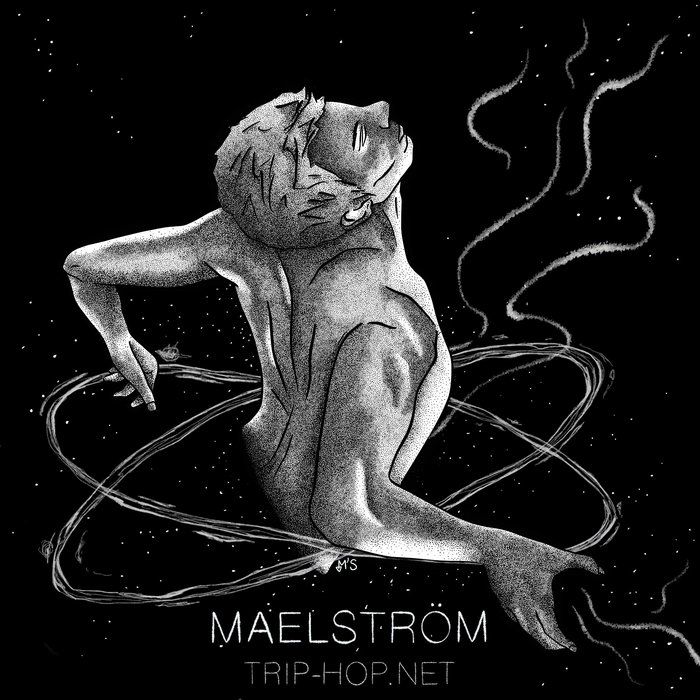
Favelas – Degiheugi, Zackarose
this blog is GROOVY – check out great Soul, Funk, Jazz, Hip Hop, Bass, Breaks , Reggae, House n many more TUNES
Welcome, fellow groove enthusiasts! Today, we’re diving into the vibrant world of degIHEUGI—that funky blend of sounds that keeps your feet tapping and your soul swaying. Buckle up, because this is one wild ride through history!
First off, let’s break it down. Degiheugi isn’t just a sound; it’s a vibe, man! Originating from the colorful streets of South Korea during the late 20th century, degiheugi (대기획) is an eclectic mix of traditional Korean music with modern beats—think jazz-infused melodies meeting hip hop rhythms. It’s like having bibimbap at a rave!
The name itself might sound funny to you English speakers—it literally translates to “big project” in Korean. But don’t be fooled by the corporate lingo; it’s all about creativity and expression.
DegIHEUGI first came on the scene in the 1980s when artists began experimenting with fusion genres. Musicians took inspiration from both indigenous sounds and global musical trends popping up everywhere—from rock ‘n’ roll to reggae! This potluck approach didn’t just taste good; it was revolutionary.
As we reached the turn of the millennium, degIHEUGI exploded onto international stages thanks largely to technology advancements—samplers and synthesizers became affordable and widely available. Who knew that making music could also mean playing around with gadgets? And thus began our little funky revolution.
Now let’s talk about some iconic figures who helped shape this genre—each bringing their unique spice to our musical stew!
Lee Sang-soon
This dude was known for his outlandish hairstyles more than his actual music sometimes! His creative choices on stage made him look like he stepped right outta an anime—all while laying down smooth grooves that had everyone bobbing along. How can you concentrate on tunes when he’s rocking a neon mohawk?
Jin Ki-taek
Known as “the beat magician,” Jin performed so many live shows you’d think he had clones working overtime! Legend goes he once forgot where he parked his car after performing four nights in a row at different venues in Seoul… which led him to write a song titled Lost Keys! Just another day for our groove master.
Min-Jun Park
Min-Jun brought humor back into performing by incorporating quirky dance moves inspired by every animal imaginable—from frogs doing ballet to llamas busting out breakdancing! Imagine seeing those antics between sweet guitar riffs—you couldn’t help but laugh while feeling great vibes floating through your mind.
Fast forward past all those funky moments into today’s world—a new generation has taken over degIHEUGI blending even more diverse influences like EDM, Afrobeat, K-pop…you name it! Artists today use social media platforms not only for promotion but also as their main stage—yes indeed; TikTok has transformed how musicians share their sounds!
Pleasantly absurd clips circulate fast as catchy hook melodies weave together weird challenges or dances featuring everything from cucumbers dancing simultaneously hands up high (not kidding!). Just search #degIHEUGIfun if you’re curious what I mean.
So what does tomorrow hold? Only time will tell! But it’s clear that degIHEUGI is here to stay—livening up festivals across Asia while spreading its joyful essence worldwide one beat at a time.
Musicians are collaborating globally now more than ever thanks again…thank you internet gods 🤘 With innovative minds working together regardless of borders mixing flavors—it keeps fans hungry for fresh sounds cooked straight outta someone else’s dream kitchen-perhaps yours?!
In conclusion folks: whether you’re jamming alone or grooving in groups under neon lights surrounded by kindred spirits—the heart spirit behind degIHEUGI lies within unity through diversity celebrating life itself wrapped neatly inside infectious rhythms leaving us chuckling along till dawn breaks anew again tomorrow morning…
Keep exploring these marvelous creations dear friends…who knows what unusual mash-ups await around every corner waiting patiently looking forward unto next chapters yet unwritten filled bubbly joy freshness aplenty reverberated simply deeply enriching experiences yes—
Stay groovy and keep spinning those records until next time 🎶✨

Favelas – Degiheugi, Zackarose